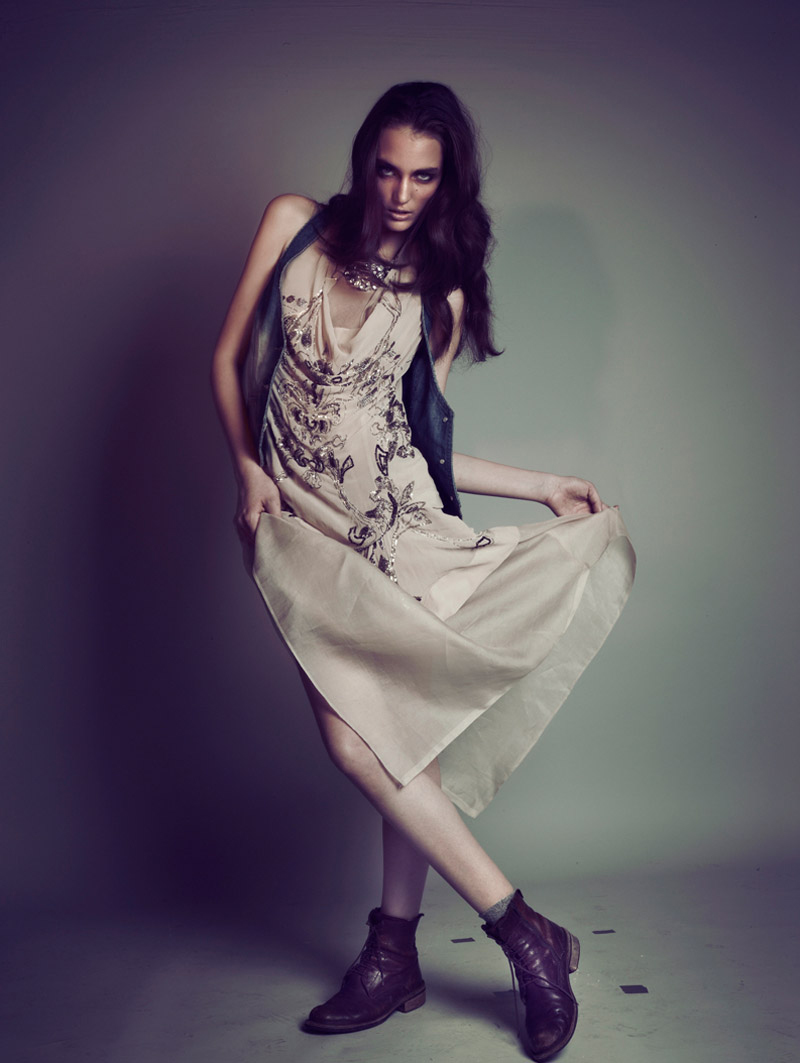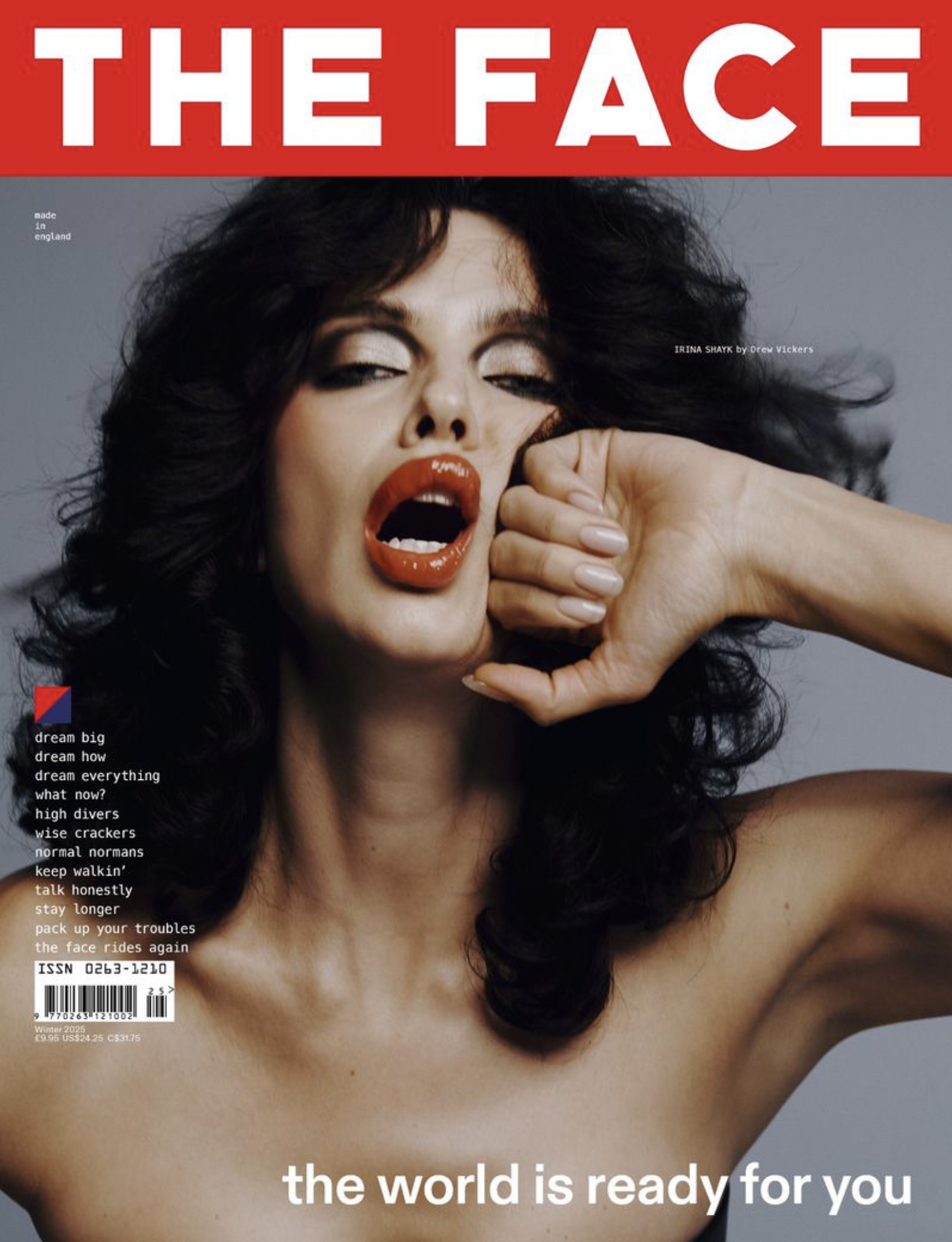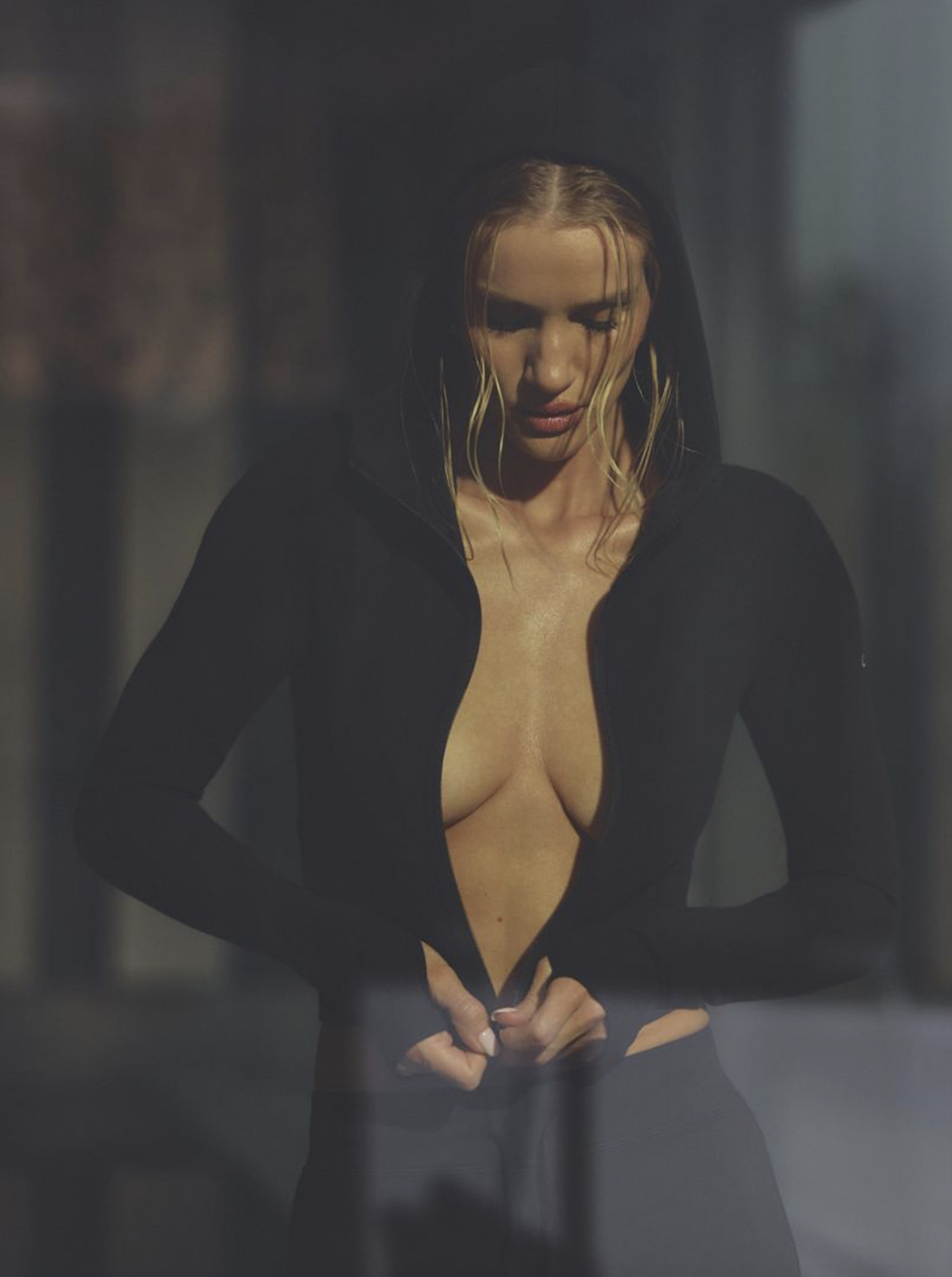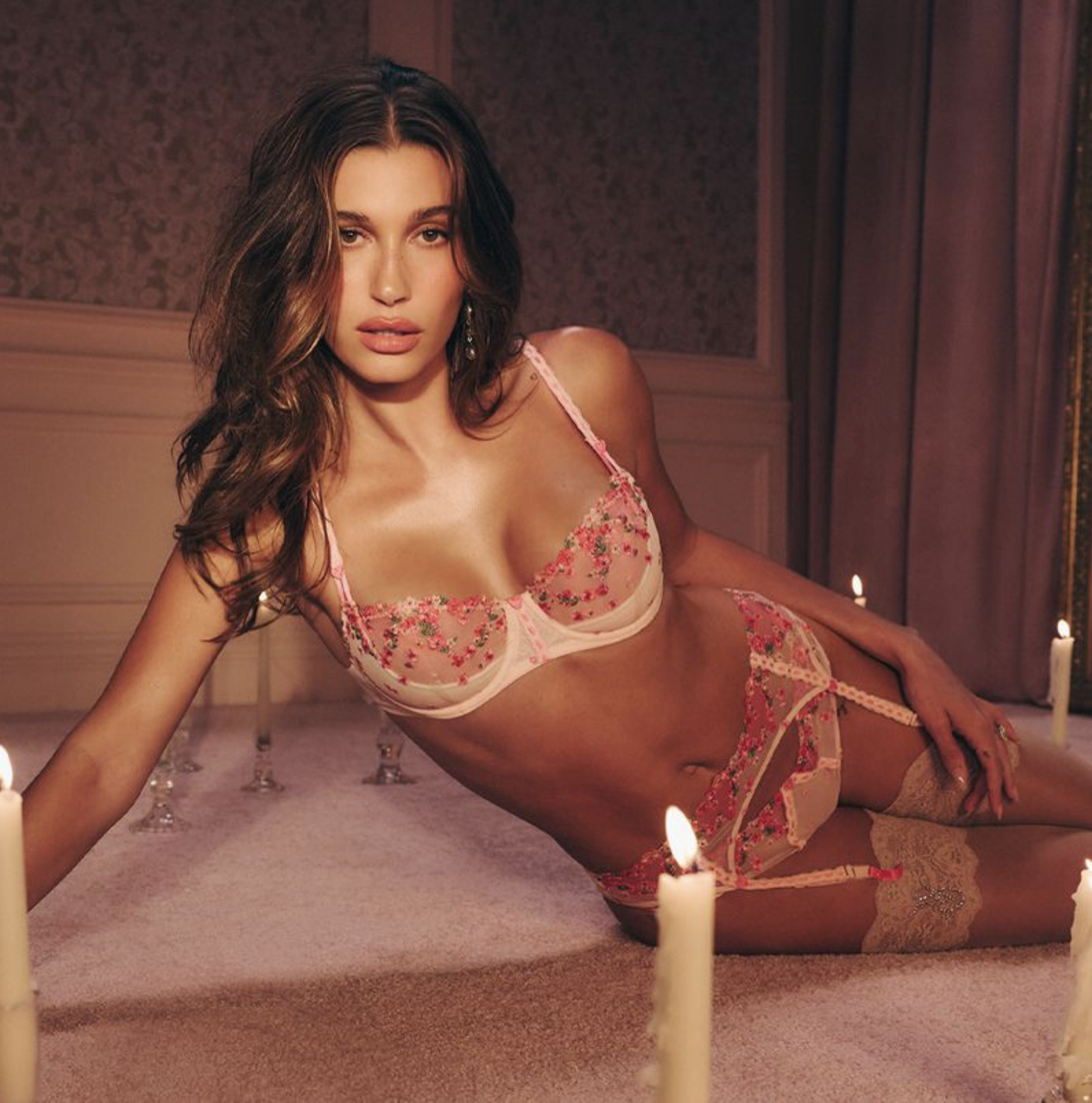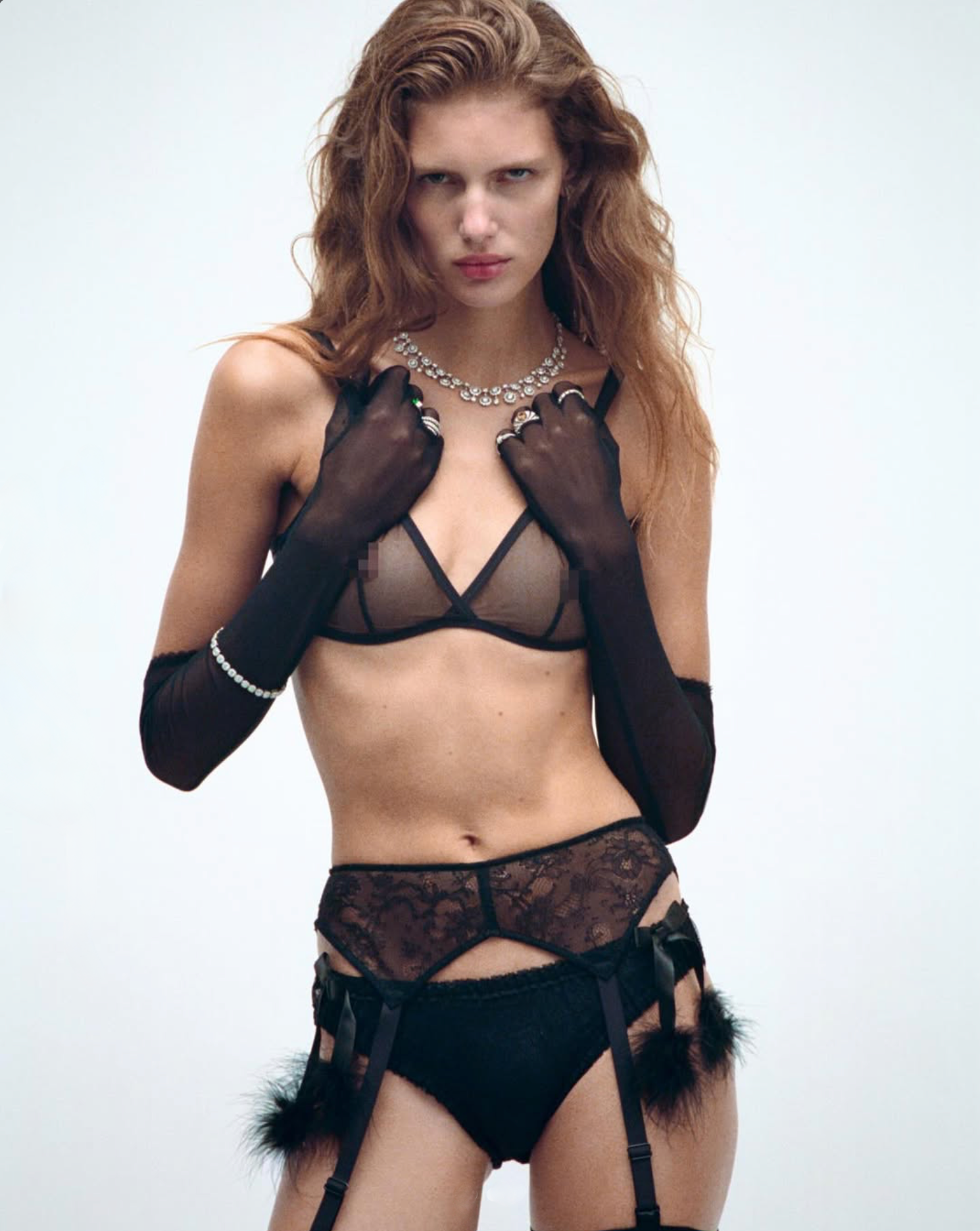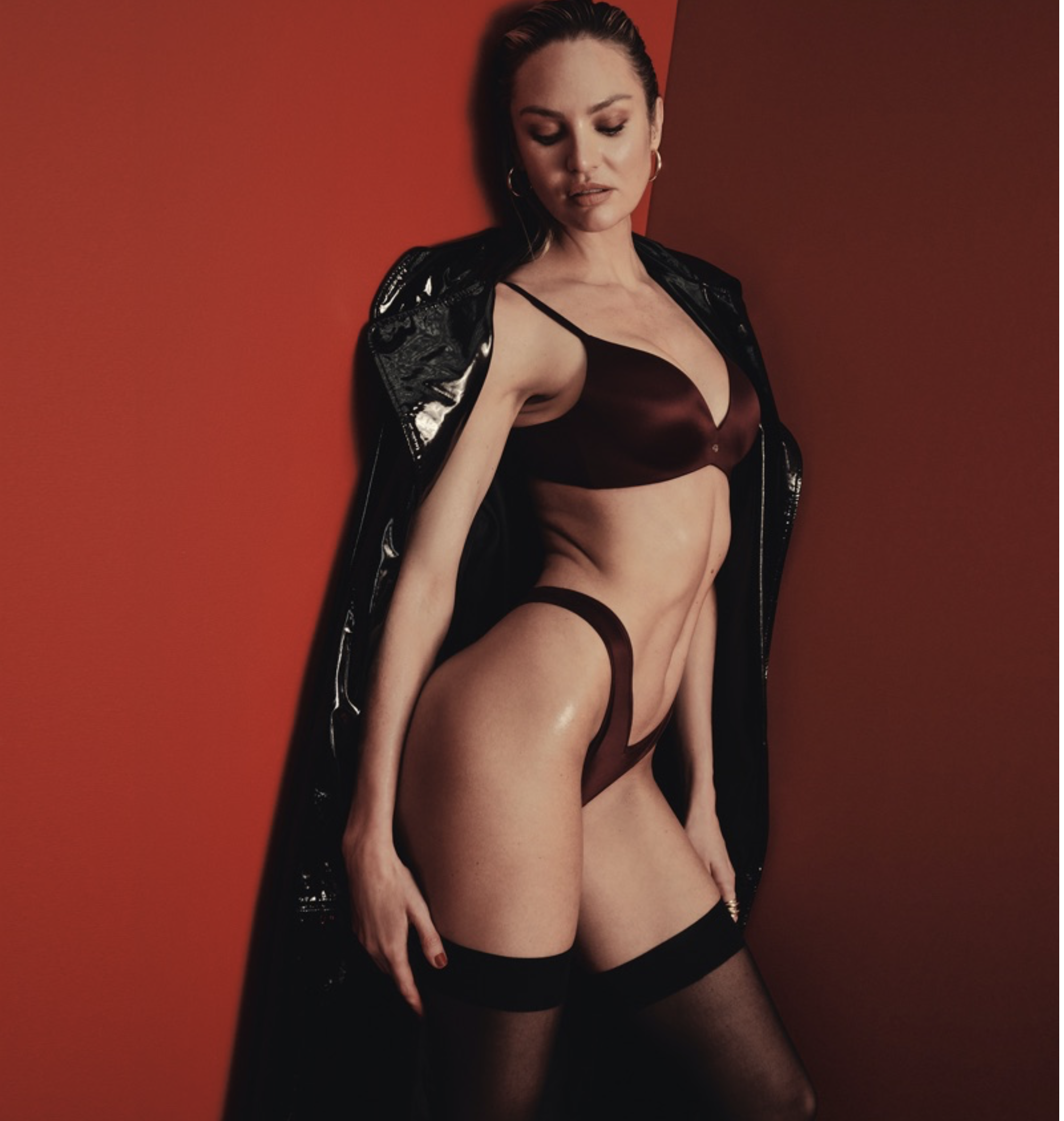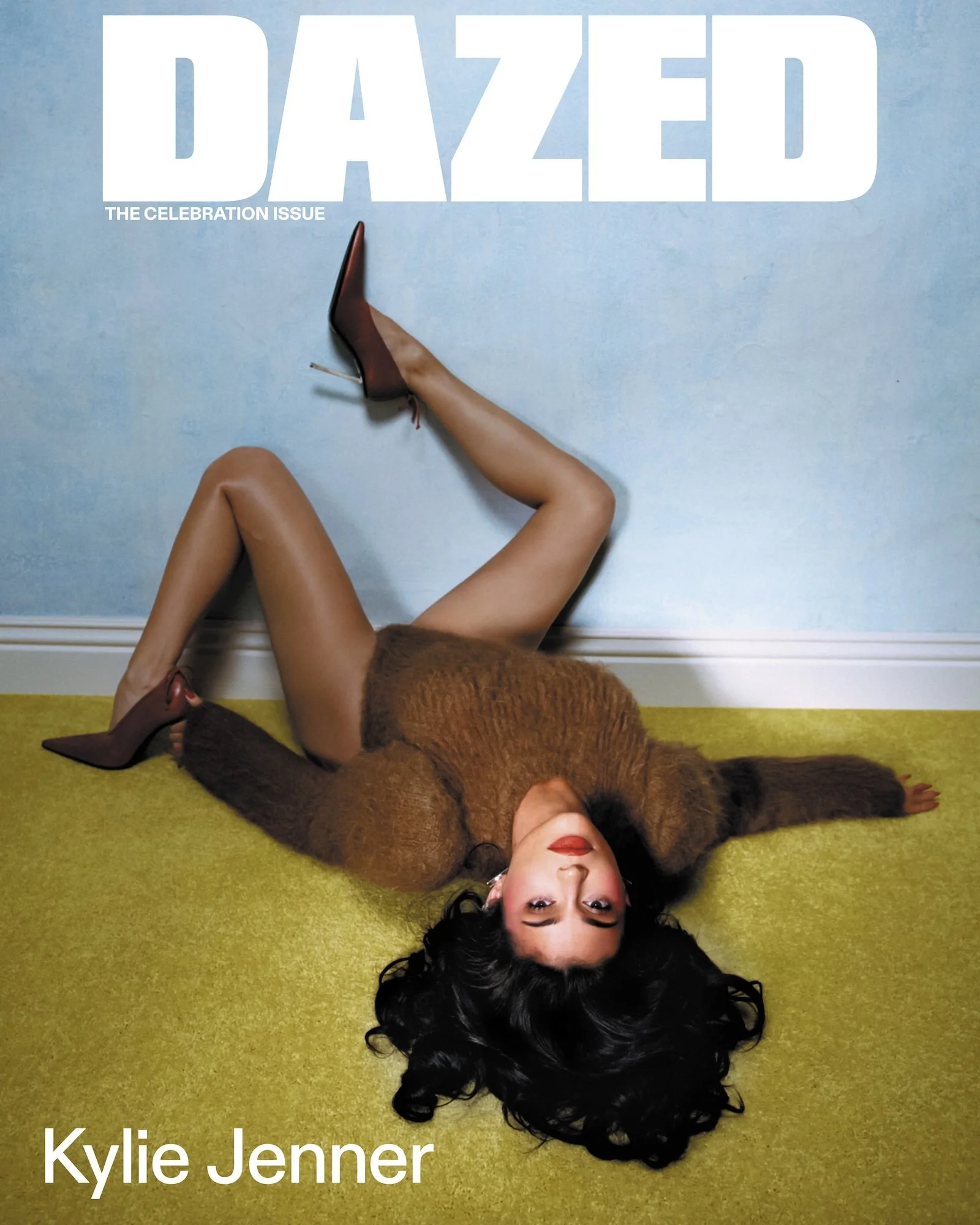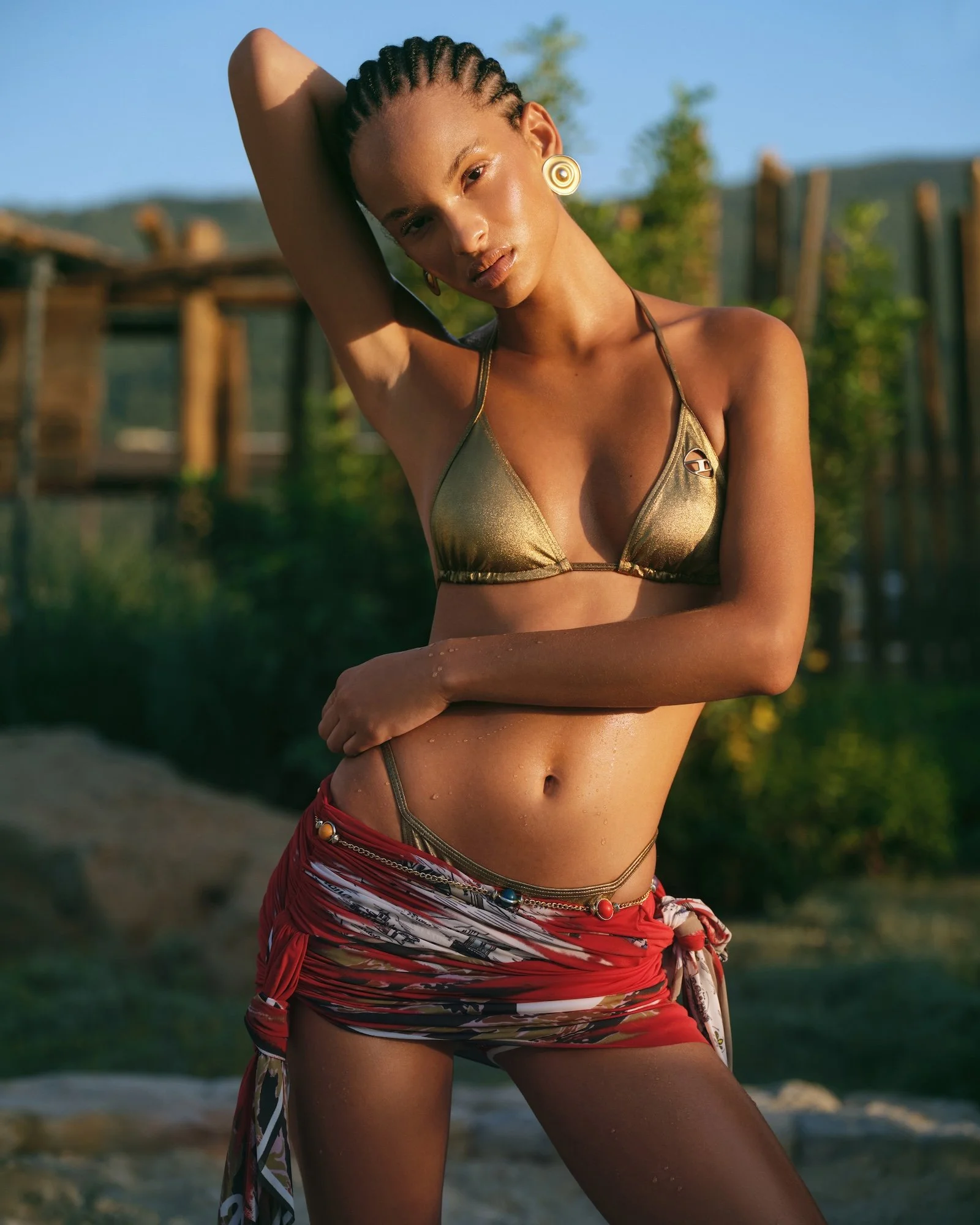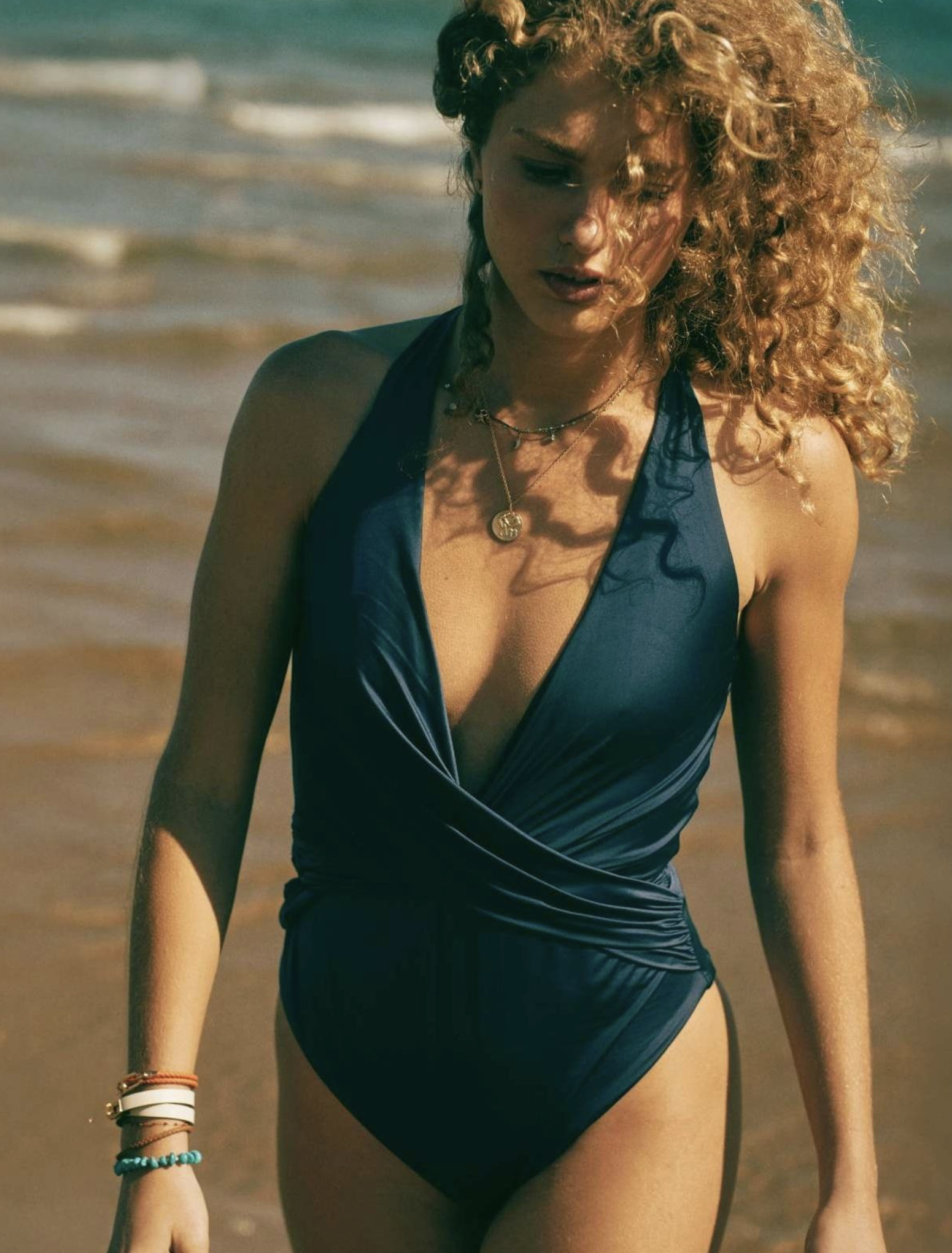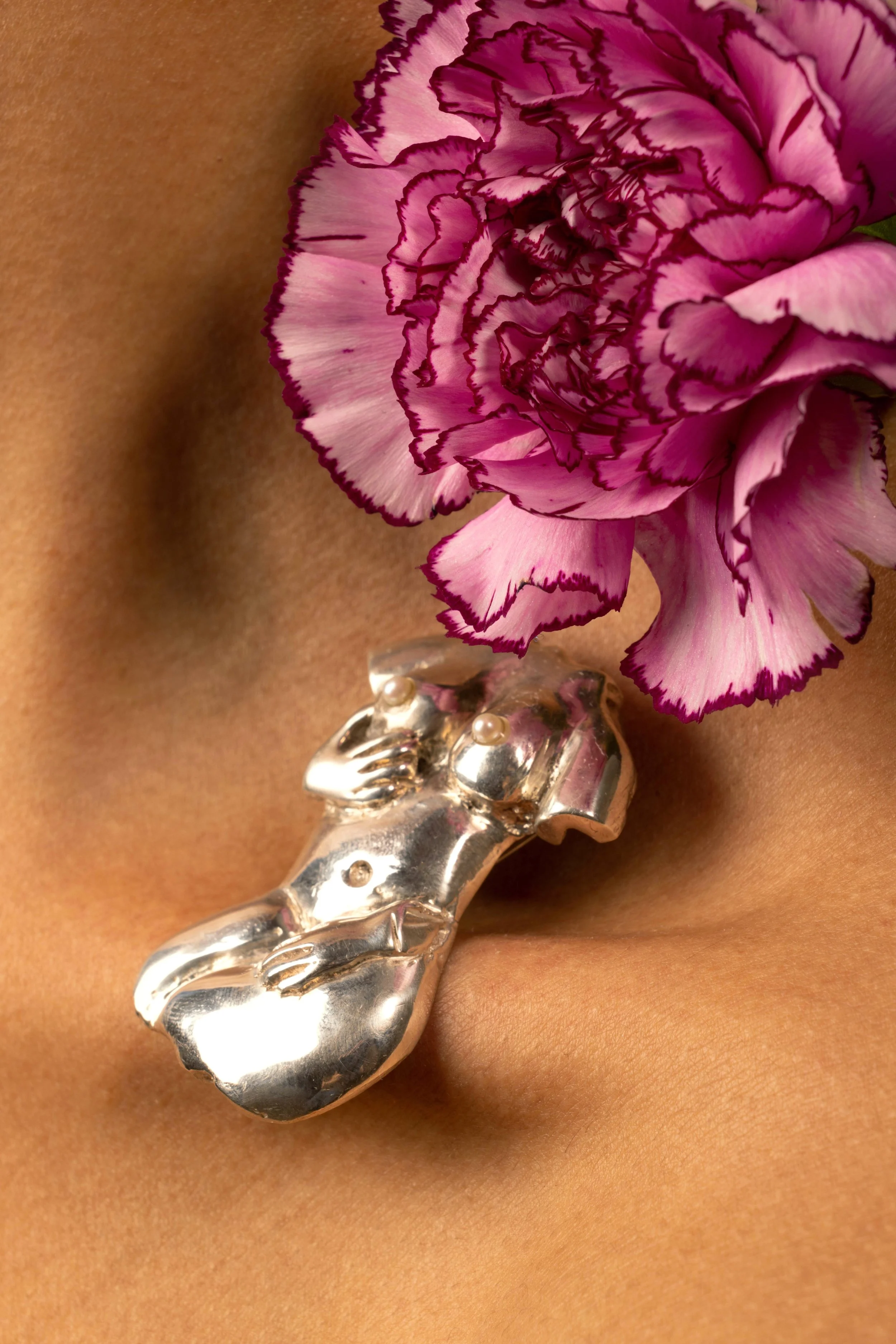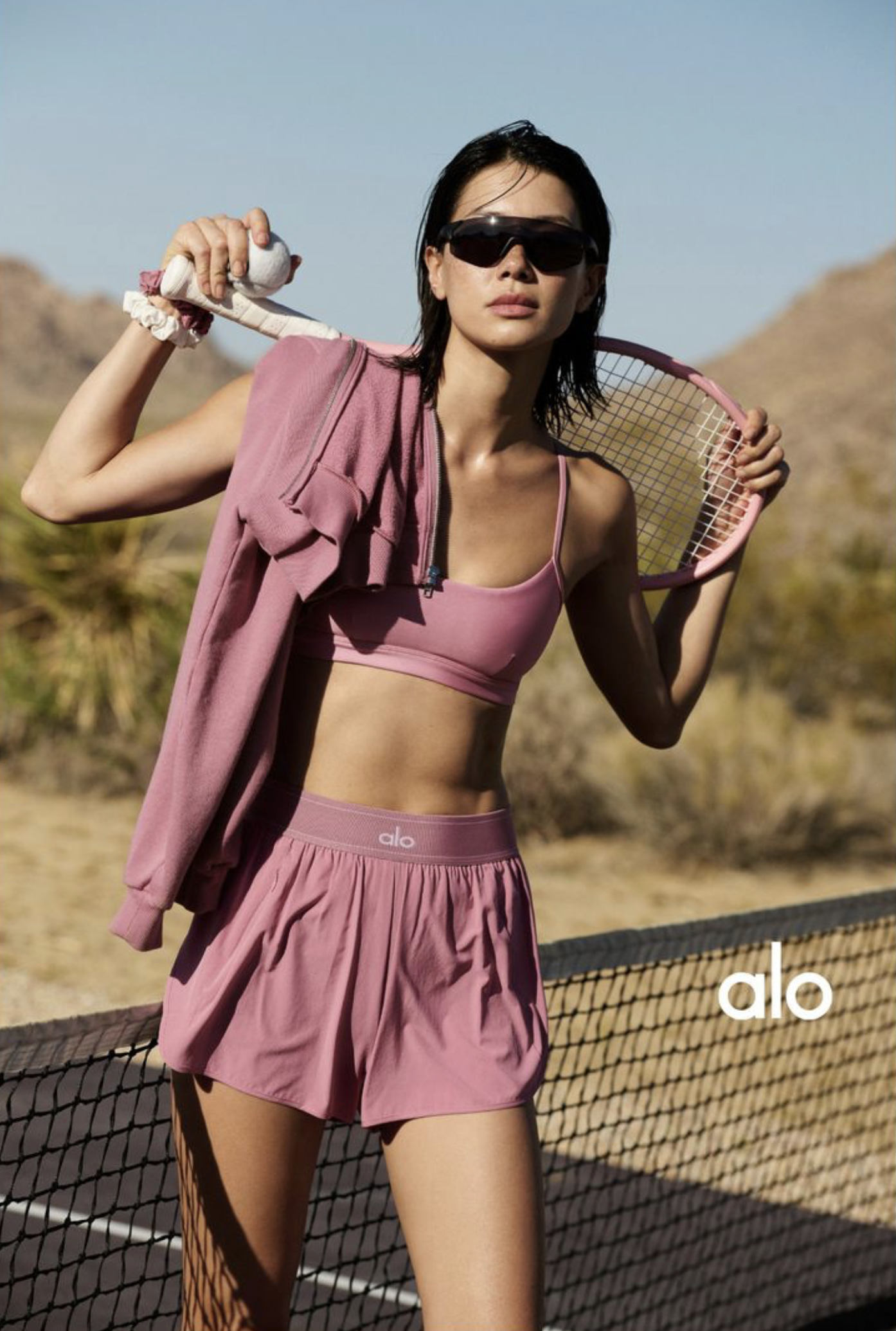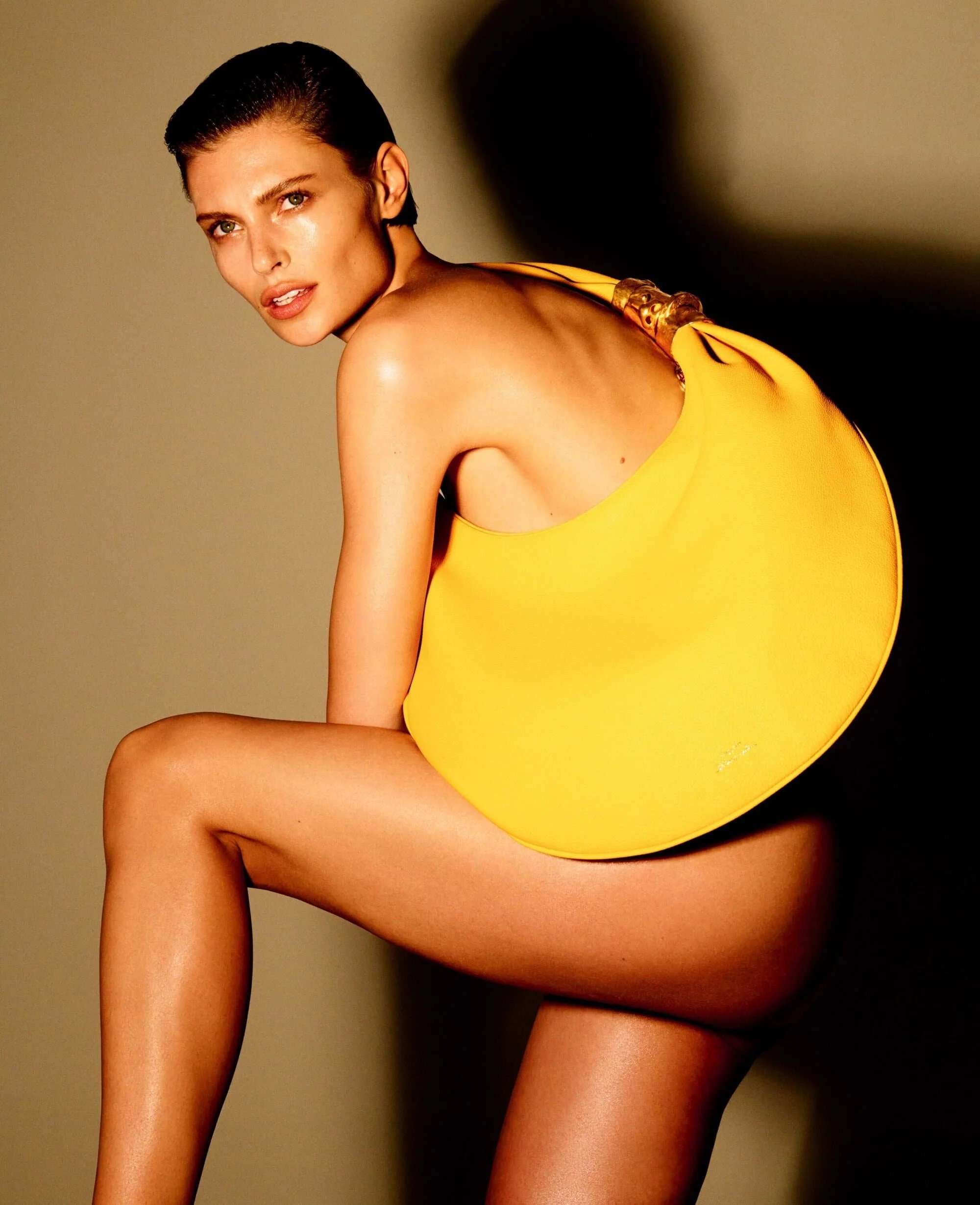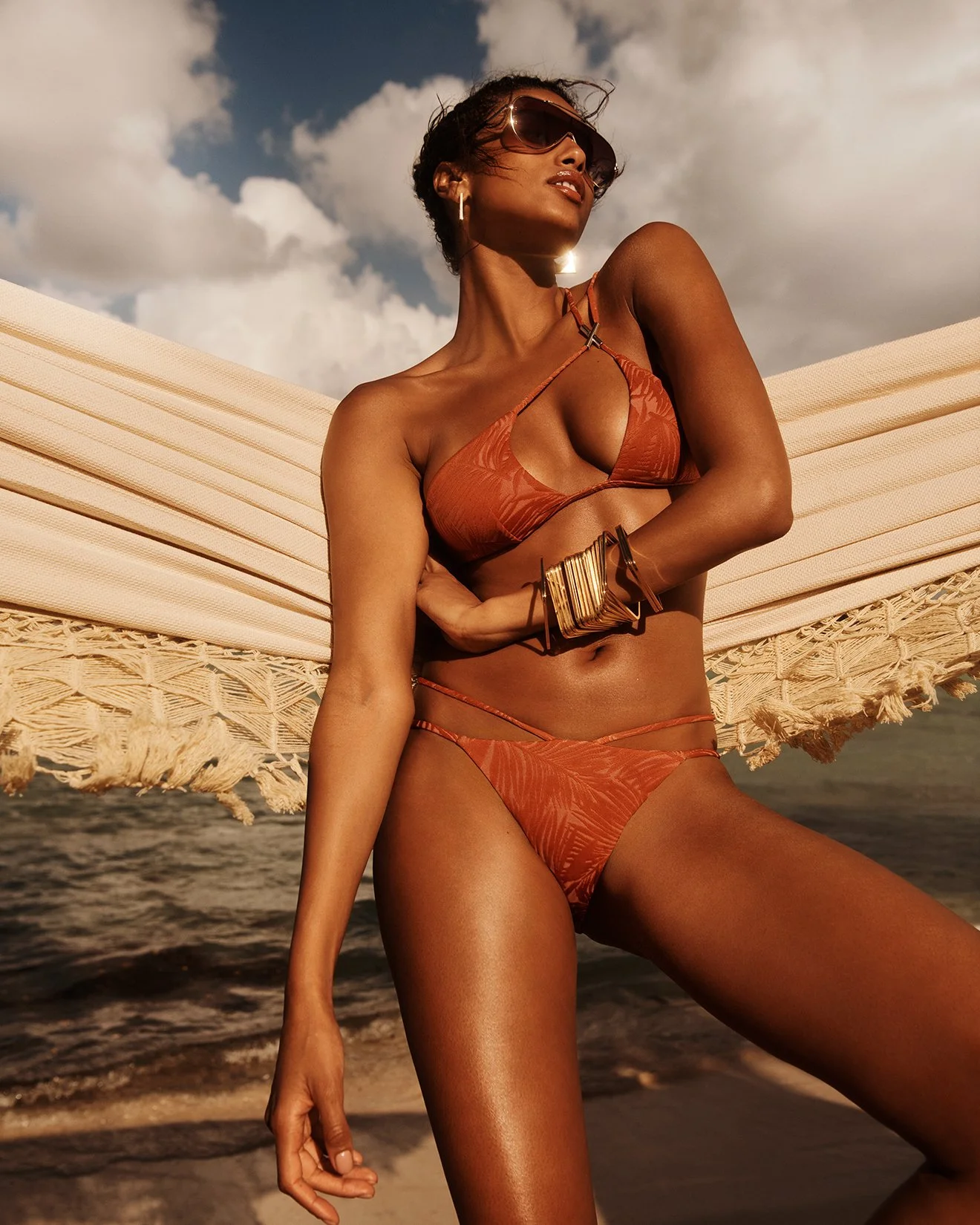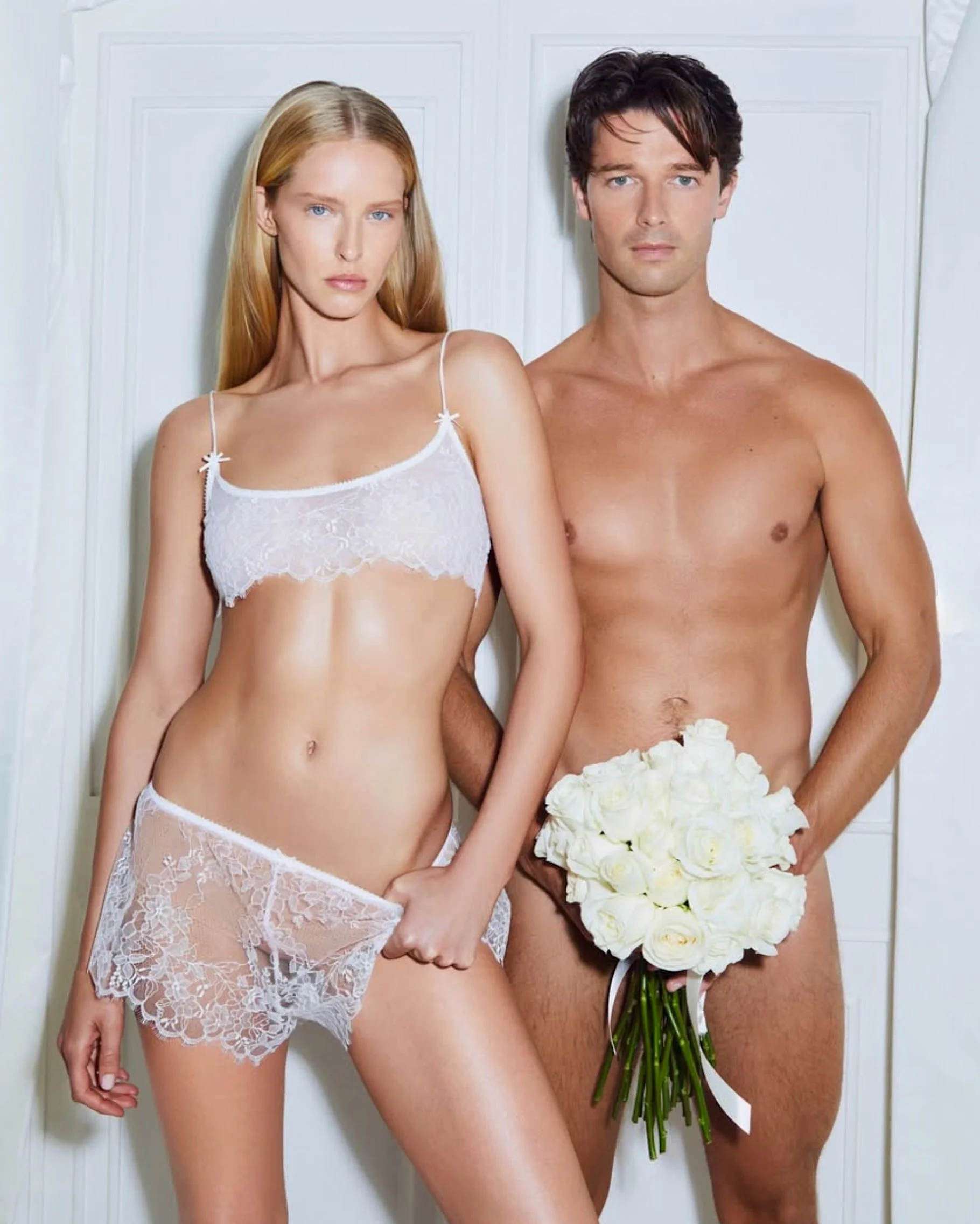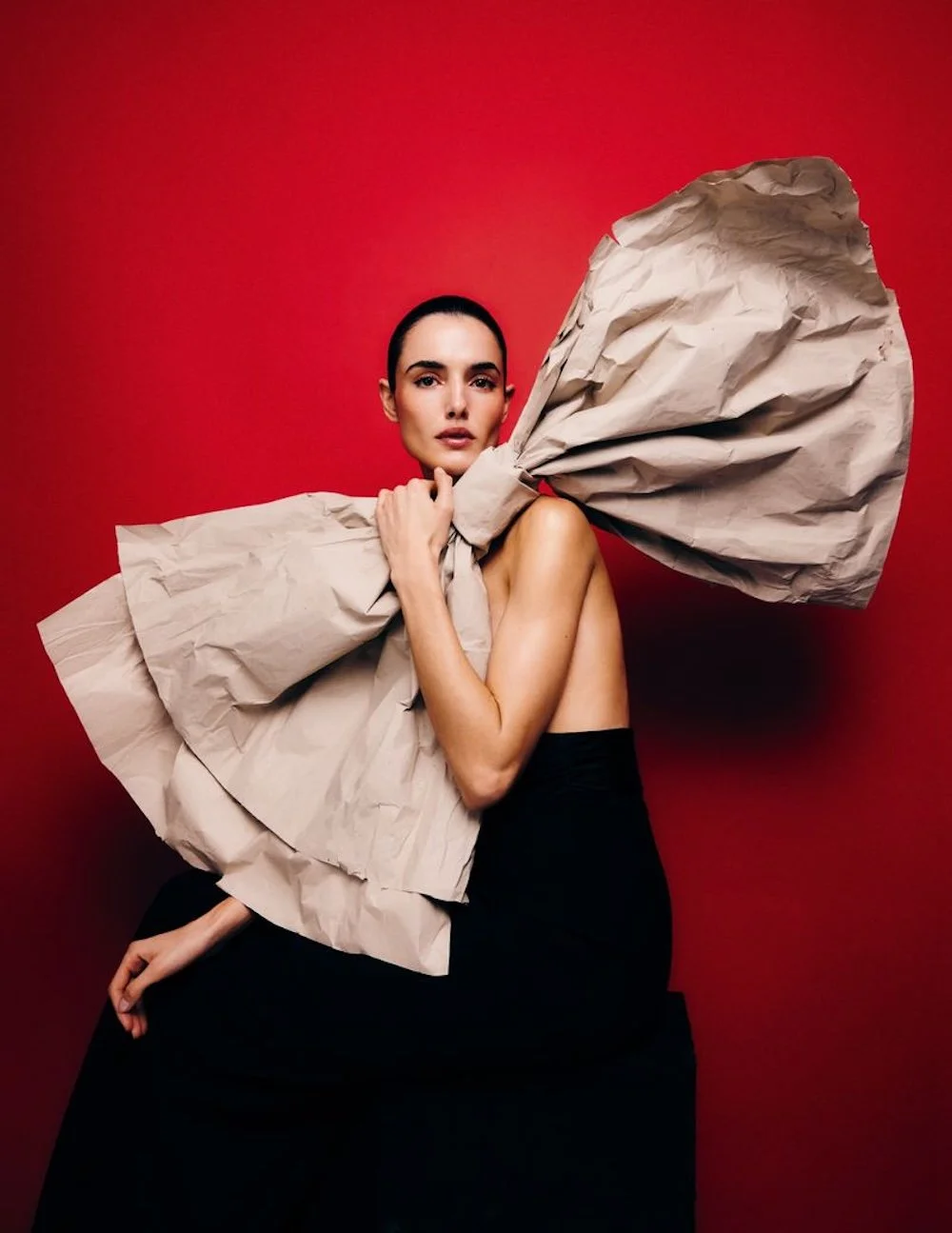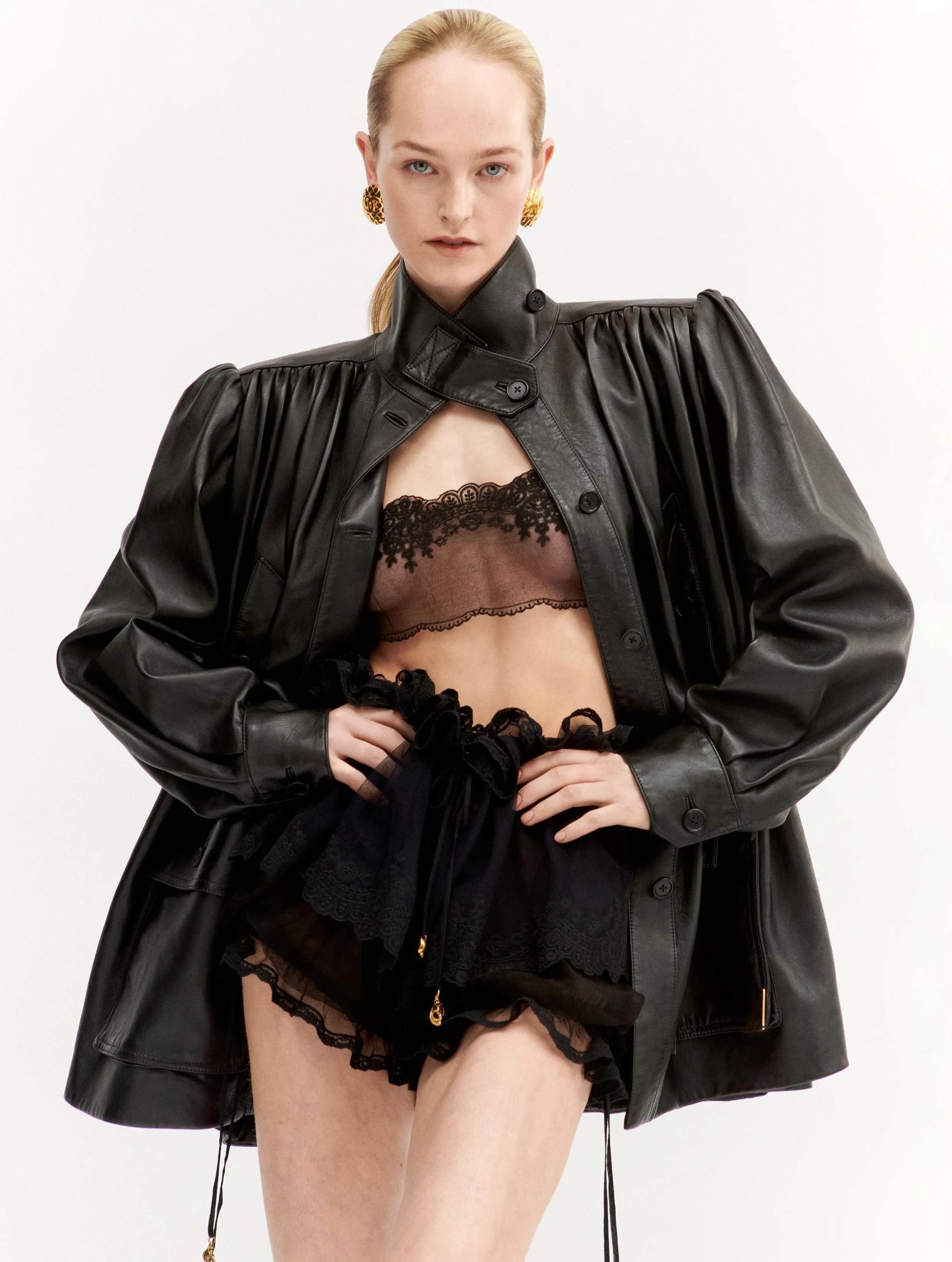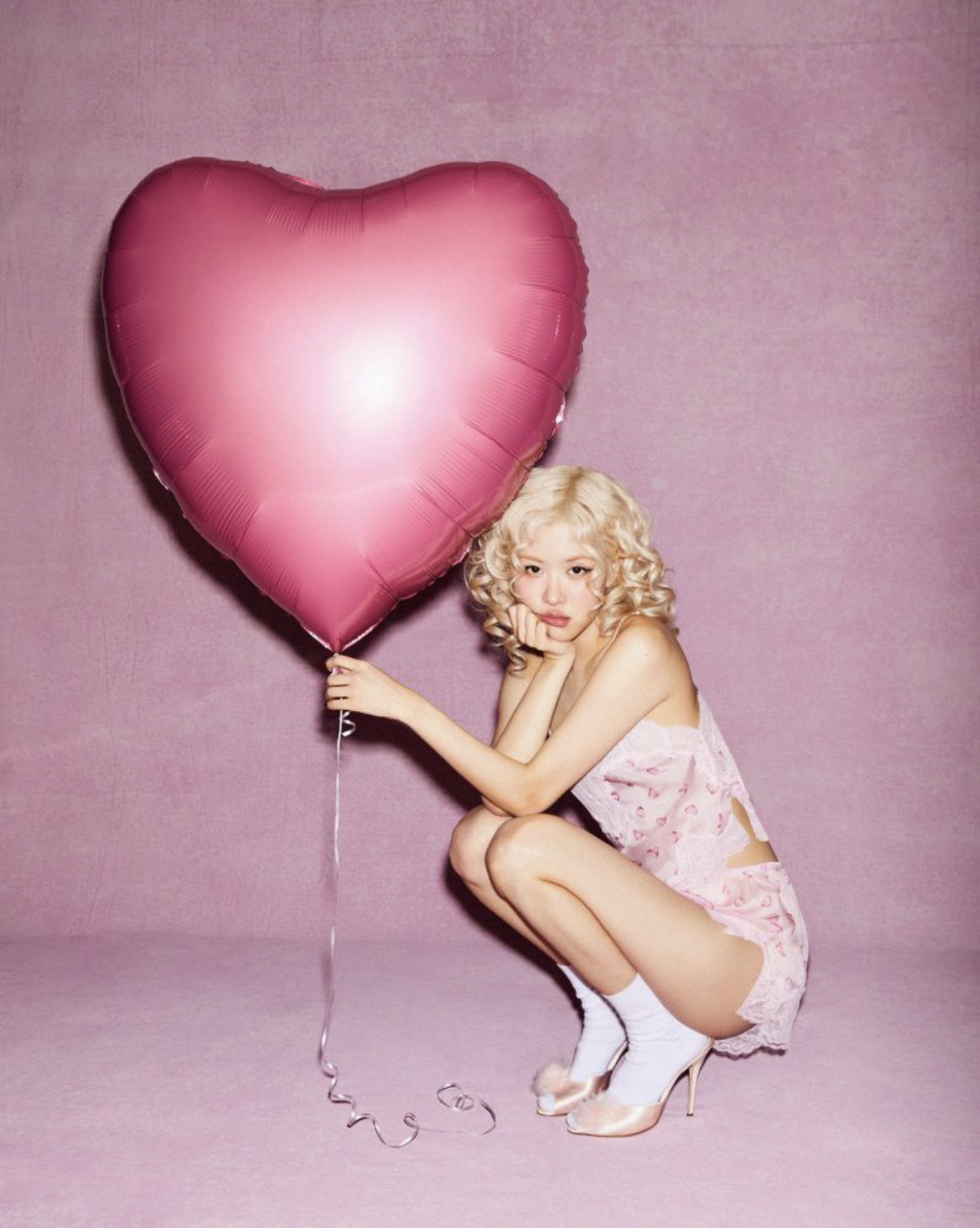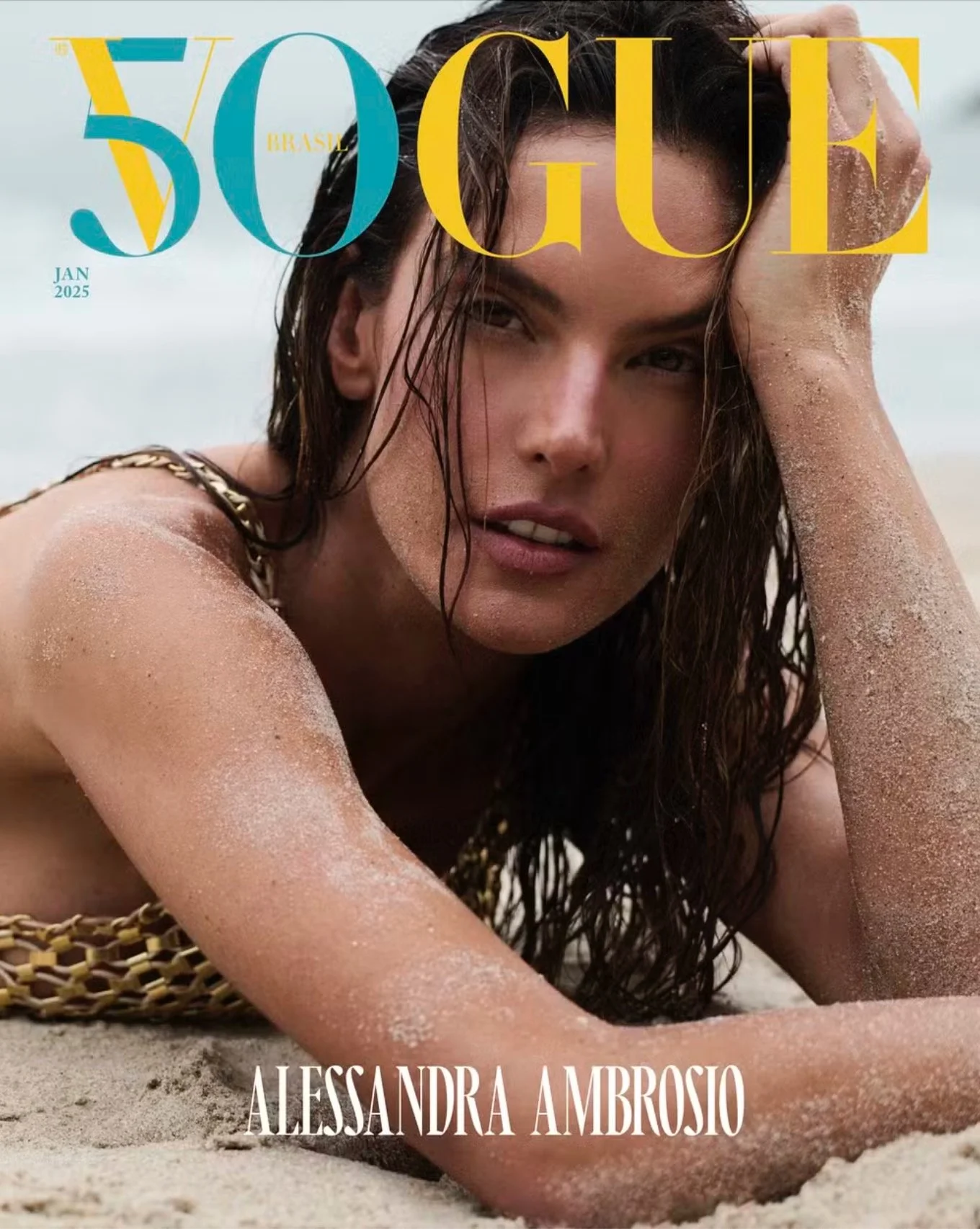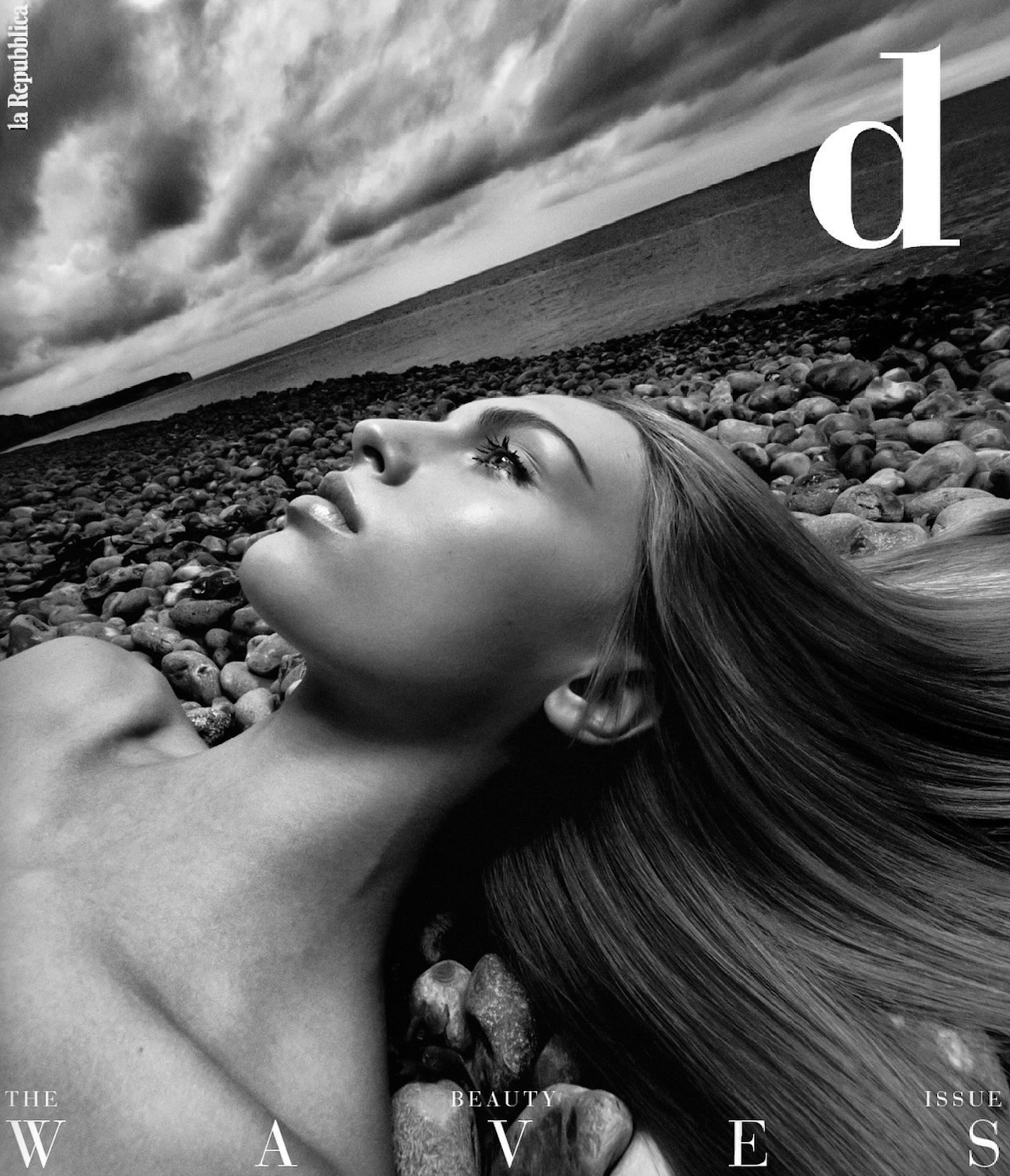Ann Taylor Confirms 'Real' Women Just Aren't Good Enough
/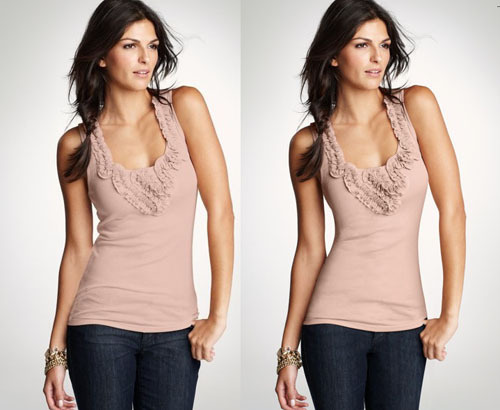
Jezebel deserves a ‘high five’ for staying on top of the Photoshop controversies, calling our attention to the extensive Photoshopping done by Ann Taylor on their website.
The Ralph Lauren Photoshop debacle was challenging enough, followed by a quick skirmish with Nordstrom a few weeks ago.
Sitting here staring at the ‘improvements’ that needed to be made to this Ann Taylor model, to make her ready for Internet prime time confirms to me, once and for all, that real women model images aren’t good enough for even America’s mainstream retailers.
We’re not talking Bergdorf Goodman here.
I’m so tired of this Photoshop issue — but truly commend Jezebel for staying on the case — that my strong irritation and frustration in the Ralph Lauren case is now turning to resentment against fashion generally. I know the price that women pay for never being ‘good enough’ for business.
We’re always in need to new and improved. The size of American women’s past buying power guaranteed that we would get a triple dose of this messaging at the hands of advertising marketing strategists.
In fact, American business thrives — not on servicing women and celebrating us — but by making us feel inadequate in our own skin. No amount of “you, too, could be this beautiful” ad copy will improve my mood on this subject, now that I’ve decided to dig in my heels.
Mind you, I’m not crawling in the corner to hide out on this topic.
With no filler, no botox, and no slimmed down waist, I took fabulous photos of myself last week, without an ounce of retouching. They are today’s equivalent of Polaroids, taken sitting in front of my computer in artistic sunlight.
My guy loves them, as do my friends, and most importantly — myself.
Having loved style my entire life, I find myself resentful of all the improvers. Frankly, I have tons of beautiful clothes in my closet and will only support brands that show American women as the beautiful, gorgeous creatures that we are.
If fashion can’t take me as I am, I’ll buy microloans for poor women, rather than new clothes.
The Ann Taylor model image is deformed. I’m astonished that their marketing department — after all the hoopla over Ralph Lauren and Crystal Renn — made the decision to distort women’s bodies in this way. One would assume that after the Ralph Lauren flap, image-makers would take a chill pill.
Wrong!
GILLES ET DADA F/W 2010
Yesterday, I was on one of my favorite fashion/culture blogs called Touch Puppet, where I saw images from the GILLES Et DADA’s latest campaign for “CRASH F/W 2010”. The campaign features Pirita, shot by Federico Cabrera and styled by Jasmin Mishima.
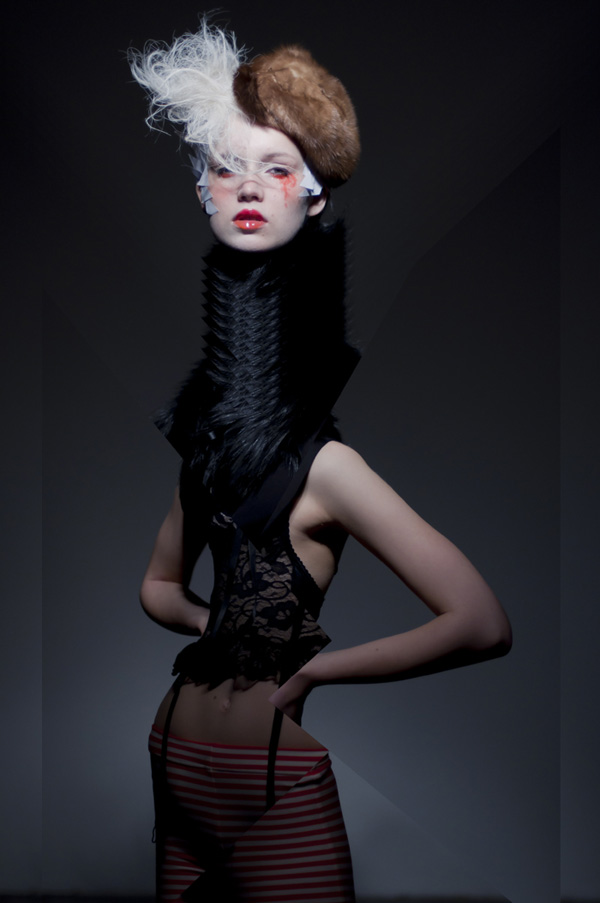
Looking at the photos, I said “yes”! I adore their subversive quality and honest fashion statement.
As for myself — well I feel like the woman with hairbrush tongue. At the risk of getting myself in big trouble with the fashionistas, this is how I feel about the industry right now — because I understand what this constant manipulation of our self-image does to female psyches.
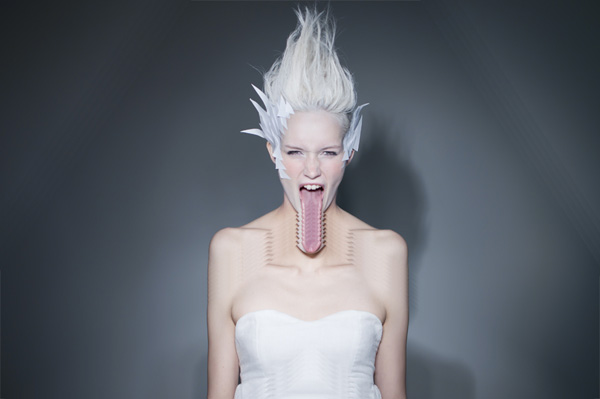
Just as the salt industry says we want the food that is killing us and seeks no regulation of our salt intake, the fashion industry says that women are inspired to look like the Ann Taylor woman on the right.It’s insulting for business to keep telling me that I bascially want to kill myself.
Darwin’s theory of evolution is not based on the premise that American women want to self-destruct.
Apparently, we have some kind of revulsion to looking like the woman on the left. We won’t buy clothing from the woman on the left, finding her fat and ugly. As Karl Lagerfeld says, she eats too many potato chips.
American Brands for American Women
Speaking only for myself, I have a different reaction looking at the Ann Taylor photos. There is NOTHING attractive about the body of the woman on the right, who is a deformed manipulation of American women’s reality. She has nothing to do with the gorgeous woman I photographed last week — the woman who is me.
It’s true that many Asian women have this body type like this, which is why I agree that having ultra-thin women in fashion editorial is fair and representational. It would be great if more of them were Asian, but Rome wasn’t built in a day.
Nordstrom and Ann Taylor are not international brands, and these images have nothing to do with the bodies of American women. How do we convince American women to get healthy, when the image held before our eyes isn’t only ugly but potentially lethal distortion of beauty?
This entire subject of body manipulation is out of control, and I see no way to reform and contain it — except to stop buying from these brands and retailers. Let women become artists and creators of our own images. Put your fashion credit card away and buy a digital camera and big mirror instead.
You will love yourselve far more at the end of your journey, possessed with a confidence that fashion will never give you.
The days of powerful, supermodel woman imagery are over in America and perhaps worldwide.Hips and busts are gone, even though Marc Jacobs says “sit tight, we’re bringing you back.” Has anyone told that to the folks at Anne Tayor?
Elite fashion imagery was always thin visually but today the trend seeps into every image of women. Jezebel posted a copy of this Richard Avedon photo, one that reminds me of the Pirita image above.
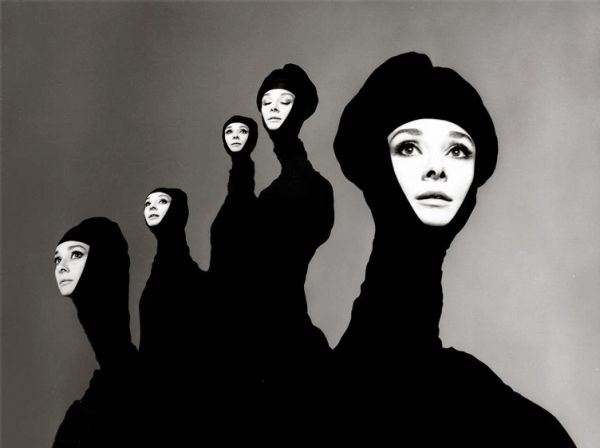
Avedon captured more of this fashion magic in a spectacular editorial posted by Touch Puppet late last week. I’m so aggravated by the Ann Taylor Photoshop situation, that I will post the Avedon series in Les Artistes.
This is a taste of how one of the preeminent photographers of the century saw women’s relationship with fashion, when he was commissioned by The New Yorker, and not Vogue.
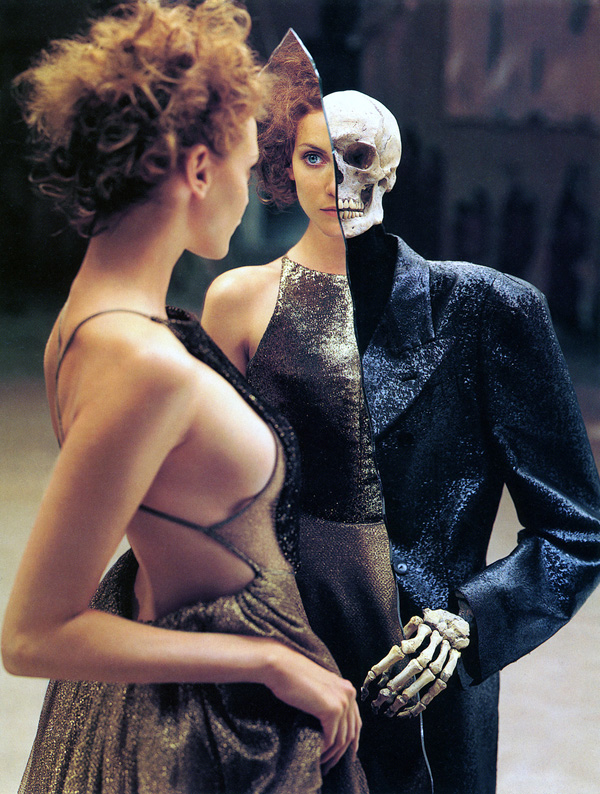
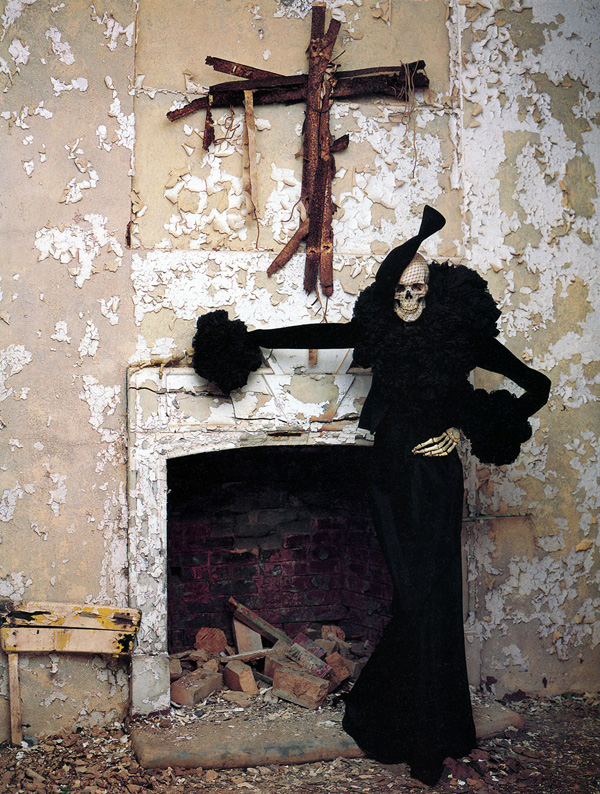
The timing of this Richard Avedon New Yorker editorial was perfect, coming hours after a post of aspiring models Zuzanna and Julia Bijoch on a major fashion photo blog.(See last photo by Agata Pospieszynska.)
Some of us shuddered looking at the photos, which I called ‘macabre’. Discovering the Avedon New Yorker images the next day, I called them out on the same blog, suggesting we should all take a look, but my comment was censored.
Intellectual dialogue in fashion’s America is not welcomed or cultivated. The reality is a major comparative difference between American and European fashion communities, where critiques and argument about meaning in fashion are ongoing.
And so the Photoshop fix-women beat rolls on, leaving me to wonder out loud if these older-woman mind-rumblings — and ramblings — might be spot on, when I consider the fact that we are living through a strategic metamorphosis in American business.
I always knew there was millions to be made off the insecurities of American women. In the past year — perhaps because I read all the time — the plot is becoming a whole lot more sinister.
Thanks Jezebel for keeping your eye on the Ann Taylor Photoshop ball. And ladies, remember that buying fashion could become a boldly political act, if we chose to make it so. Anne
